How will the war in Ukraine end?
Commentator Wei Da notes that the war in Ukraine will not end unless Russia and Ukraine are willing to negotiate, but this will be difficult, as both sides are very different and will not easily compromise. If leaders and nations cannot chart their own course, the currents of history will determine it for them.
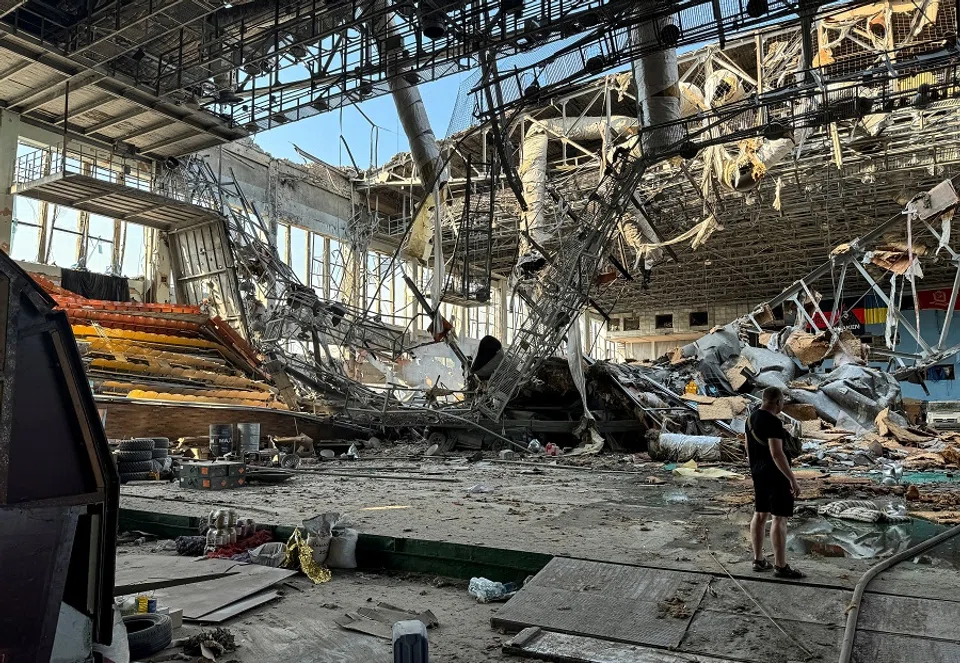
The Russia-Ukraine war has been ongoing for two and a half years, and currently, there are no clear signs of negotiations for a ceasefire. Even as Russia and Ukraine have expressed their willingness to negotiate, the conditions for both sides differ too much, with practically zero commonality or room for compromise to speak of — hence, there is a lack of a basis to start negotiation.
From the standpoint of humanitarianism, asset protection, and regional and global peace — along with the need to prevent the escalation of war — the Russia-Ukraine conflict must be ended immediately. The crucial party to ending this war is not Ukraine, but Russia, who wantonly violated Ukraine’s sovereignty. Anyone who fails to recognise this fundamental principle is either unaware or has ulterior motives.
This is similar to the Persian Gulf War in 1991, which was initiated by Saddam Hussein’s regime in Iraq aggressively invading and annexing neighbouring Kuwait. At that historical juncture, the forces of multiple countries led by the US had to retaliate against Saddam’s invasion in accordance with the United Nations Charter, in a bid to stop Saddam. Once Saddam’s troops were expelled from Kuwait, the war ended. Before that, there were no conditions or rationale for Kuwait or the coalition forces to proactively seek peace with Iraq.
Likewise, if the aim is to achieve a ceasefire in Ukraine before moving on to negotiations, a fundamental precondition must be that Russian President Vladimir Putin agrees to withdraw Russian troops back to the Russia-Ukraine border as it was before February 2022. The remaining issues such as the disputed territories in east Ukraine and the status of Crimea can be addressed in future negotiations.
Russia has typically been able to break free from the burdens of war only through a change in political administration or leadership.
Putin unwilling to compromise
But it is clear that Putin is currently unwilling to establish such basic conditions for negotiation because the invasion of Ukraine was orchestrated by Putin himself and is reflective of his original intentions. If he were to back down without accomplishing anything, this would most likely be the end of his political life.
Historically, key leaders such as Adolf Hitler, Benito Mussolini and Hideki Tojo — representatives of the fascist forces that ignited WWII — only halted their actions after suffering complete defeat. Similarly, in 1991, Saddam and Iraq did not voluntarily seek a ceasefire or withdraw their troops; they only did so after being thoroughly defeated by the coalition forces. It was only then that Kuwait was able to reclaim its sovereignty and independence.
From the trajectory of modern Russian history, particularly through the lens of two classic examples — World War I and the war in Afghanistan — it becomes clear that Russia has typically been able to break free from the burdens of war only through a change in political administration or leadership. Russia exited WWI following the domestic upheaval of the February and October Revolutions, which ultimately overthrew the Tsarist regime.
Upon assuming office, the new regime immediately negotiated a peace settlement with the warring countries, allowing Russia to finally extricate itself from the conflict. During the mid to late 1980s, the Soviet Union began to pull troops from Afghanistan after new leader Mikhail Gorbachev took power and pushed for glasnost and perestroika (openness and restructuring). That is to say, as long as Putin is in charge, it will be difficult to have meaningful negotiations regarding the Russia-Ukraine war.
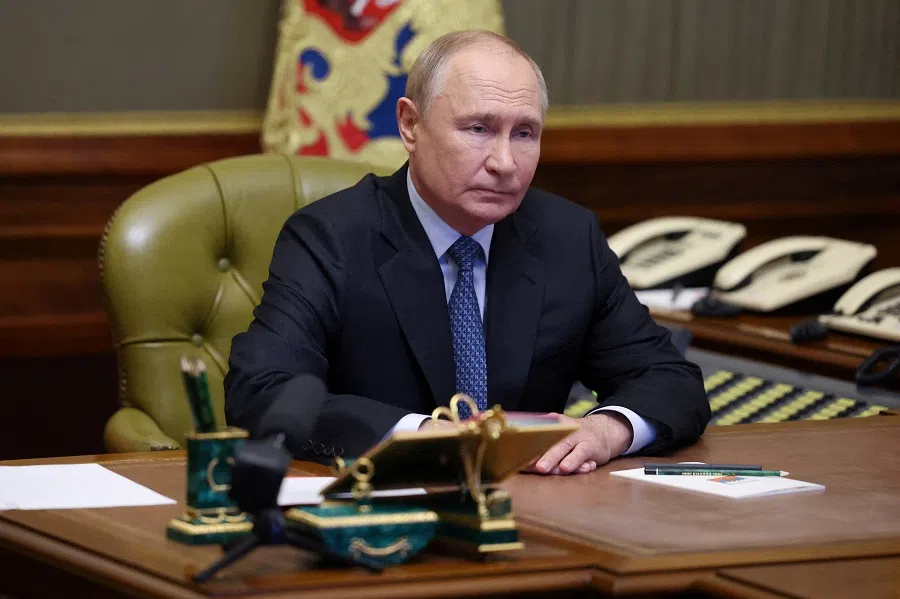
Presently, even as Putin is well aware that the war has entered an unwinnable time phase, he is still insistent on seeing it to the end. Of course, Russia today is not Saddam’s Iraq; after annexing Kuwait, Iraq faced widespread condemnation from the international community and the UN, even losing the support of its longtime ally, the Soviet Union, which left Saddam’s regime completely isolated.
Russia remains an industrial and military power, holding a permanent seat on the UN Security Council. It also has the backing of allies like Iran and North Korea, which supply weapons and ammunition, as well as China, which provides essential industrial raw materials and everyday goods. Consequently, it may be some time before Putin and Russia face defeat in Ukraine.
This means that the Russia-Ukraine war will go on. Of course, this is not ideal, but it is nevertheless the reality that has to be faced. Against this premise, we could explore the consequences and impacts of the ongoing war from three perspectives: that of the victim, the beneficiary and the stakeholder at risk.
For the US, the adage rings true: when the cannons roar in the Old World, the New World reaps its golden rewards.
Since the start of the war, the victims are undoubtedly the two parties involved: Ukraine and Russia. Both sides have engaged in a brutal back-and-forth battle across land, sea and air. Russia’s indiscriminate destruction of civilian targets and infrastructure as well as Ukraine’s recent offensive into Russia’s Kursk region have all inflicted severe damage on the morale and resources of each country. Given the circumstances, it is necessarily right and just that in the future, the international courts hold Putin accountable for the crime of initiating the war.
Who stands to gain?
The Russia-Ukraine war has also benefited some countries, such as the US, India, Turkey and the UK. For the US, the adage rings true: when the cannons roar in the Old World, the New World reaps its golden rewards.
The three major industries that typically benefit are: one, shale oil extraction and export. Due to the US and European Union (EU) embargo on Russian oil following the Russia-Ukraine war, the US oil extraction industry swiftly filled the gap, leading to a dramatic increase in sales profits.
Two, the US military industry, because much of the military aid provided to Ukraine was actually first purchased from US military enterprises, which led to a rapid increase in the capacity and profits of the US military industry.
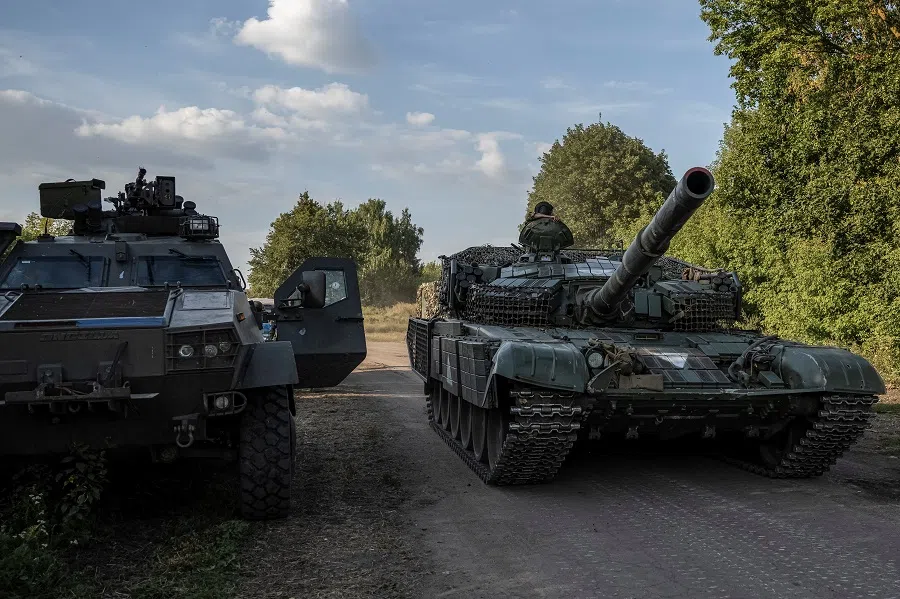
Three, the US stock market. Capital investment is characterised by the avoidance of uncontrollable risks. Each time war breaks out in Eurasia, hot money flocks to the US stock market, so that it is difficult for US investors not to make money. The UK’s financial, oil and military industries also reap similar benefits.
More crucially, the Western bloc led by the US and the UK has, at relatively low costs through military aid to Ukraine, severely crippled Russia — often labelled as the “world’s second largest military power” — and trapped it in Ukraine with no clear way forward or backward. They have thus achieved a significant strategic effect with minimal effort, laying the foundation of Putin and Russia’s ultimate defeat in Ukraine.
US influence
Some may ask: why then are Republican candidates Donald Trump and JD Vance asserting that they will, if elected, quickly push for a ceasefire in Ukraine and negotiate with Russia, so as to redirect aid for Ukraine to domestic needs, such as enhancing security along the southern border?
It must be pointed out that the mainstream consensus among the American public is that US military aid to Ukraine is a highly beneficial move, delivering substantial returns on a relatively small investment. While Trump and Vance’s denial of this consensus reflects their limited worldview, it is but a temporary move out of electoral needs, to offer a different narrative.
India and Turkey have also benefited from the Russia-Ukraine war. Both countries are characterised by their flexibility and are benefiting from both sides, buying cheap oil from Russia while supplying ammunition to Ukraine. They also act as mediators on the political front, facilitating communication between Russia and Ukraine, including prisoner swaps and negotiating terms for talks. While the actions of India and Turkey may be morally controversial, they are still an objective reality.
... it [China] aims to prevent the collapse of Putin’s regime, which necessitates supporting Russia’s military efforts in Ukraine. For China, this is tantamount to carrying an extra heavy political burden.

On the other hand, risk stakeholders include the EU, China, Iran, North Korea and African countries. For the EU, the Russia-Ukraine war is right on their doorstep and the risk of escalation and spillover is always there. So, it is in the EU’s best interest to support Ukraine’s resistance and to end this conflict as soon as possible.
At the same time, the EU has to guard against a potential shift in the US’s Ukraine policy due to the presidential election. If isolationist Trump gets elected, the EU will have to continue supporting Ukraine because compromising with Russia and ceding land is definitely not an option for peace.
Iran and North Korea are more or less taking a gamble on Russia by providing direct military assistance to Russia. If Russia and Putin are defeated in Ukraine in the future, the reckoning of Russia’s accomplices and followers in the invasion will inevitably follow.
Where China stands
China’s stance on the Russia-Ukraine war has outward and inward dimensions. Outwardly, it uses diplomatic language to promote ceasefires and peace talks. Inwardly, it aims to prevent the collapse of Putin’s regime, which necessitates supporting Russia’s military efforts in Ukraine. For China, this is tantamount to carrying an extra heavy political burden.
This political burden has made things worse for China, which is already facing severe deflation in its domestic market. It has also prompted the US and the EU to impose more economic sanctions and import tariffs on China.
The difference lies in whether this happens sooner or later, whether they lose with dignity or face utter defeat, and whether Russia bears the brunt alone or drags its allies down with it.
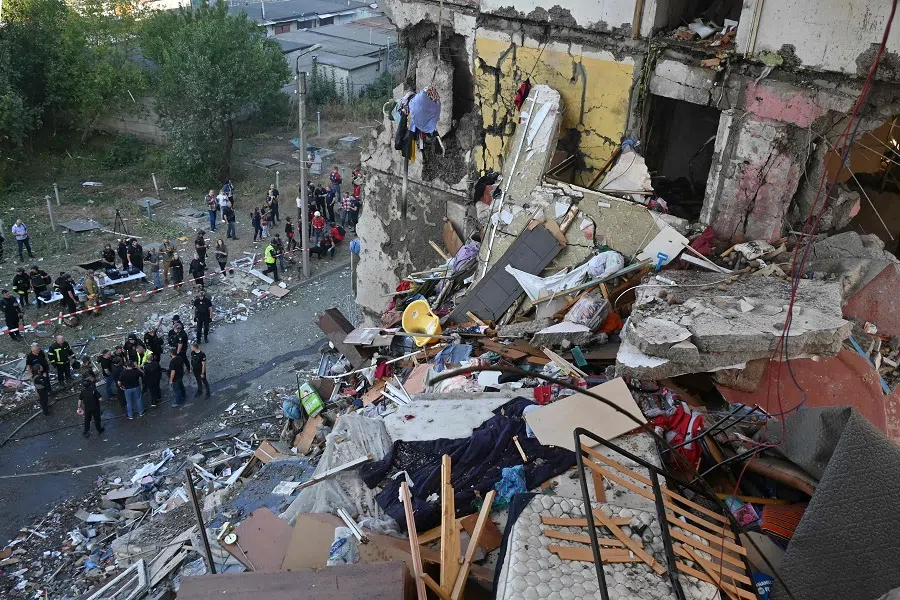
Taiwan President Lai Ching-te’s recent remark that China should demand the return of illegally acquired territories from Russia has also sparked widespread attention both at home and abroad, reminding China that it has an additional moral and historical burden in its relationship with Russia.
As one of the key players in the global south, African countries generally stay out of major international disputes. But their food security is closely linked to Ukraine’s agricultural production and exports, putting them between a rock and a hard place. Politically, under pressure from Russia and China, they often refrain from directly condemning Russia’s invasion of Ukraine. Economically, however, they must support Ukraine’s sovereignty and agricultural security.
Overall, whether the Russia-Ukraine war reaches peace negotiations or continues, Russia and Putin are likely to face defeat. The difference lies in whether this happens sooner or later, whether they lose with dignity or face utter defeat, and whether Russia bears the brunt alone or drags its allies down with it.
If Putin cannot determine his own path, the currents of the times will choose for him.
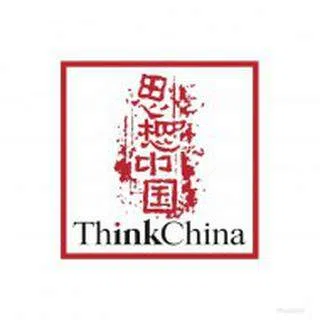


![[Big read] When the Arctic opens, what happens to Singapore?](https://cassette.sphdigital.com.sg/image/thinkchina/da65edebca34645c711c55e83e9877109b3c53847ebb1305573974651df1d13a)

![[Video] George Yeo: America’s deep pain — and why China won’t colonise](https://cassette.sphdigital.com.sg/image/thinkchina/15083e45d96c12390bdea6af2daf19fd9fcd875aa44a0f92796f34e3dad561cc)